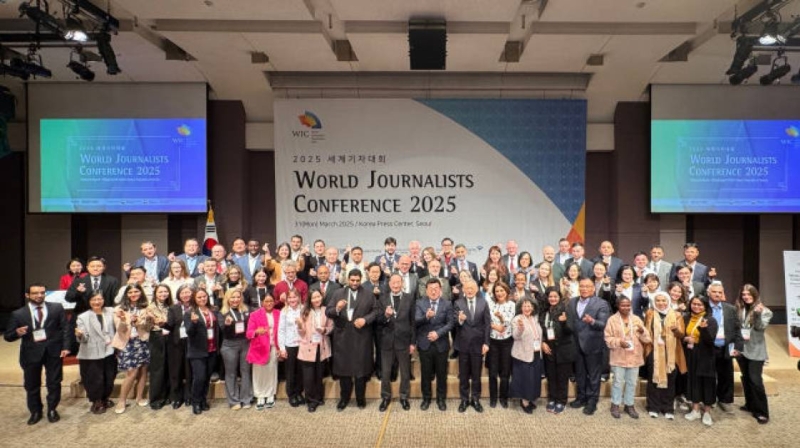Why America’s Iran strategy is crumbling
Why America’s Iran strategy is crumbling
Published: 12:00 am Jan 06, 2008
Everywhere you turn, it is the policy of Iran to foment instability and chaos,” Defense Secretary Robert Gates warned Gulf dignitaries in Bahrain last month. But in reality, everywhere you turn, from Qatar to Saudi Arabia to Egypt, you now see Iranian leaders shattering longstanding taboos by meeting cordially with their Arab counterparts. The Gulf has moved away from American arguments for isolating Iran. American policymakers need to do the same.
The states of the Gulf Cooperation Council (GCC) are accommodating themselves to Iran’s growing weight in the region’s politics. They remain key parts of America’s security
architecture in the region, hosting massive US military bases and underwriting
the American economy in exchange for protection. But as Saudi analyst Khalid al-Dakheel argues, they are no longer content sitting passively beneath the US security umbrella and want to avoid being a pawn in the US-Iranian struggle for power. Flush with cash, they are not interested in a war that would mess up business.
Iran is even reaching out to Egypt. Ali Larijani, head of Iran’s National Security Council, visited Cairo recently for the highest level talks in 27 years. Afterward, Arab League chief Amr Moussa bluntly stated that there was no point in Arabs treating Iran as an enemy. Gulf Arabs have thus visibly discarded the central pillar of the past year of America’s Middle East strategy. Meanwhile, the GCC seems more unified and confident than it has in years.
Earlier this week the six member countries agreed to form a common market. Saudi Arabia and Qatar have mended fences. Pressures for domestic political reforms have been largely defanged, and the oil bonanza has allowed Saudi Arabia to pursue an energetic foreign policy.
Even in Iraq, fears of a Saudi-Iranian proxy war have given way to hints of an emerging modus vivendi. Gulf regimes remain hostile to the pro-Iranian Iraqi government. But instead of trying to replace its Shiite leader, Nouri al-Maliki, they now seem satisfied that the rise of the Sunni “Awakenings” - US-backed neighbourhood councils that have begun fighting Al Qaeda - will check Iranian ambitions. Saudi and Iranian clients in Iraq even seem to be carving out zones of influence, as suggested by recent talks between the Sunni Anbar Salvation Council and the Shiite Supreme Islamic Iraqi Council.
This is not to say that the Gulf states are comfortable with Iranian power. Anti-Shiite and anti-Persian sentiment exists throughout the Gulf. Iran’s territorial dispute with the United Arab Emirates generates considerable passion in that country. Few Gulf or Arab leaders publicly welcome an Iranian nuclear program. And Ahmadinejad’s proposal of a new Gulf security architecture including Iran was widely seen as an initiative for Iranian hegemony, not a genuine collective security arrangement.
Gulf states see Iran as a challenge that they have been dealing with for decades, not an urgent or existential threat. The shifting Arab approach may leave the US with little choice but to do the same. Just as America’s containment of Iraq began to collapse in the late 1990s when its Arab neighbours lost faith in the value of sanctions, the new Gulf attitudes will probably now shape what the US can do with Iran. — The Christian Science Monitor





